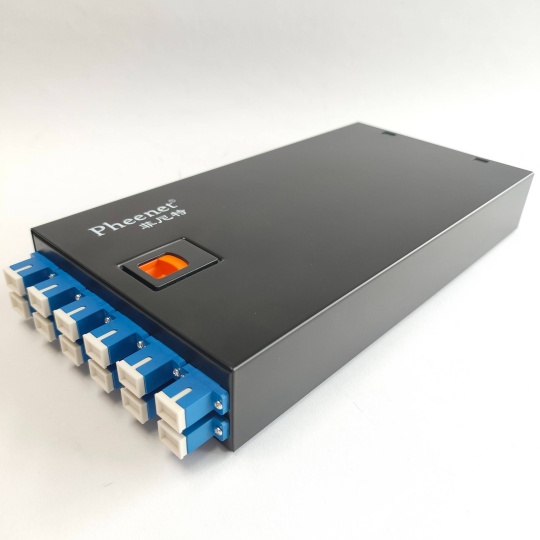Why is industrial cable testing required before installation
Industrial cables are the backbone of modern industrial operations, responsible for transmitting power, data, and signals across a wide range of machinery, equipment, and systems. Their reliable performance is crucial for ensuring the smooth running of factories, power plants, manufacturing facilities, and other industrial settings. However, before these cables are installed, rigorous testing is a non-negotiable step. But why is industrial cable testing required before installation? Let’s explore the key reasons.
Ensuring Safety
Safety is the top priority in any industrial environment, and faulty industrial cables can pose severe risks. Cables with hidden defects such as damaged insulation, broken conductors, or poor connections can lead to electrical shocks, short circuits, and even fires. These incidents not only threaten the lives of workers but also cause significant damage to equipment and property.
Testing before installation helps detect these potential safety hazards early on. For example, insulation resistance testing measures the resistance of the cable’s insulation to electrical current. A low resistance value indicates insulation damage, which could allow current to leak and cause accidents. By identifying such issues beforehand, necessary repairs or replacements can be made, preventing dangerous situations once the cables are in use.
Guaranteeing Performance Reliability
Industrial operations rely heavily on the consistent and efficient performance of cables. Cables that fail to meet performance standards can result in downtime, reduced productivity, and increased operational costs. For instance, if a power cable cannot handle the required current load, it may overheat, leading to equipment failure and production halts.
Testing ensures that cables perform as intended under the specific conditions of the industrial environment. Conductor resistance testing checks if the cable’s conductors can carry electrical current without excessive loss. Voltage testing, on the other hand, verifies that the cable can withstand the intended voltage levels without breakdown. By conducting these tests, industrial operators can be confident that the cables will function reliably, minimizing the risk of unexpected failures.
Complying with Industry Standards and Regulations
The industrial sector is subject to strict standards and regulations aimed at ensuring safety, quality, and reliability. Many countries and regions have established specific guidelines for industrial cables, including those related to their design, manufacturing, and installation. Industrial cable testing before installation is often a mandatory requirement to comply with these standards.
For example, international standards such as IEC (International Electrotechnical Commission) and ASTM (American Society for Testing and Materials) set out detailed testing procedures and performance criteria for industrial cables. By adhering to these standards through pre-installation testing, businesses can avoid legal penalties, ensure compliance with insurance requirements, and demonstrate their commitment to quality and safety.
Preventing Costly Post-Installation Issues
Installing industrial cables is a time-consuming and costly process, especially in large-scale industrial facilities. If a faulty cable is installed, detecting and rectifying the problem after installation can be extremely expensive and disruptive. It may involve disassembling equipment, shutting down production lines, and incurring additional labor and material costs.
Pre-installation testing helps prevent these costly post-installation issues. By identifying defects and performance issues early, businesses can address them before the cables are integrated into the system. This saves time, money, and resources in the long run, ensuring that the installation process proceeds smoothly and that the industrial operation can start up on schedule.
Adapting to Harsh Industrial Environments
Industrial environments are often harsh, with factors such as extreme temperatures, moisture, dust, chemicals, and mechanical stress posing challenges to cable performance. Cables that are not tested for these conditions may degrade quickly, leading to premature failure.
Testing before installation includes evaluating the cable’s resistance to these environmental factors. For example, temperature cycling testing exposes cables to a range of temperatures to check their ability to withstand thermal expansion and contraction. Chemical resistance testing ensures that cables can resist the effects of oils, solvents, and other chemicals present in the industrial setting. By ensuring that cables are suitable for the specific environment, pre-installation testing extends their lifespan and reduces the need for frequent replacements.
In conclusion, industrial cable testing before installation is essential for ensuring safety, guaranteeing performance reliability, complying with industry standards, preventing costly post-installation issues, and adapting to harsh industrial environments. By investing in thorough testing, industrial operators can protect their workers, equipment, and operations, ultimately contributing to the success and efficiency of their businesses.











